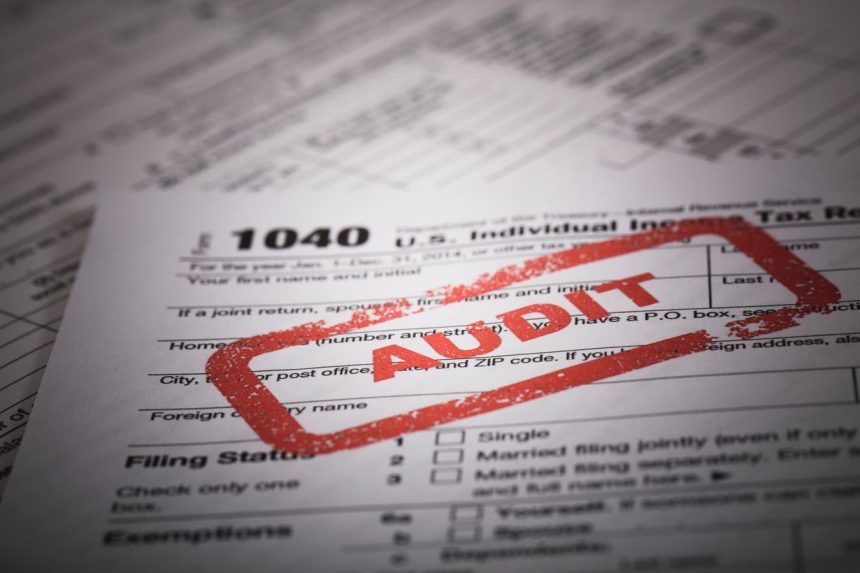Have you ever received something that wasn’t entirely yours? Probably. Say you receive $100 but have to hand over half to a family member, partner or colleague? You might assume that you can only be taxed on $50. After all, you only ended up with $50. But it is not always that simple.
If you have a joint bank account with a friend or family member, who is taxed on it isn’t always clear, as technically, either one of you can probably withdraw the whole amount. In that sense, who pays tax on joint bank accounts may not be clear or easy to unravel. Such issues comes up with spouses, unmarried partners, and in many business relationships.
Often, the question is not so much who ended up with it, as who got it initially. If you receive a tax reporting form—like an IRS Form 1099 with it key data, you should assume you have income, though in some cases you may be able to show that your IRS Form 1099 is wrong.
Consider the case of Azimzadeh and Ehsan v. Commissioner, decided by the U.S. Tax Court. Mr. Azimzadeh operated Stevens Creek Auto Center. His friend Mr. Barghi was also involved in the business, and also had a separate auto business called Luxury for Less. Azimzadeh reported all of Stevens Creek’s income and expenses on his own tax return.
But when the IRS audited him, Azimzadeh claimed that Stevens Creek was really a partnership with Barghi. That should reduce the taxes and penalties he owed, Azimzadeh argued. Predictably, the IRS said this was all his income, and the whole “partnership” argument was a belated convenience. The Tax Court agreed with the IRS. Before concluding that this loose business arrangement wasn’t a partnership, the court looked at eight factors:
- Their agreement and conduct;
- The contributions they each made;
- Their control over income and capital and their right to make withdrawals;
- Whether they shared interests in profits and losses or whether one party was an agent or employee;
- Whether business was conducted in their joint names;
- Whether they filed partnership tax returns and said they were joint venturers;
- Whether they kept separate books; and
- Whether they exercised mutual control and had mutual responsibilities.
This list depends heavily on the facts, but it seemed like an easy case. Mr. Azimzadeh didn’t produce any evidence of a written partnership agreement, and no evidence of an oral agreement either. In fact, there were no partnership tax forms, and there was a fuzzy record about who contributed what and how they withdrew money.
On the other hand, there was only one bank account, which could be interpreted as a partnership account. Moreover, Mr. Barghi signed many checks to himself, and that did suggest that not all of this money belonged to Mr. Azimzadeh. But this wasn’t enough, especially where Mr. Azimzadeh had initially reported all of the income on his own return. It was in the audit context where he tried to move the needle.
It wasn’t clear if Barghi was a supplier or a partner, nor how he held himself out to third parties. But all of the sales records listed Stevens Creek as the only seller. Neither Barghi nor Luxury for Less were listed, even for cars that originally came from Luxury for Less. This was no clear partnership.
And while it was true that there was only one bank account and that Barghi had equal control of it, that itself wasn’t enough for the IRS or the Tax Court. There were numerous checks Barghi had signed, but there was no evidence of what Barghi’s role really was. The Tax Court found that no partnership existed.
One might question what it would matter if one party is paying another as an employee or an independent contractor and getting a tax deduction for the payments. In a business context, after all, only net income should be taxed, not gross. Yet sometimes, as in this case, there’s real finger-pointing about who collected income and should be taxed on it. It can be tough to win such an argument with the IRS.
Read the full article here
















